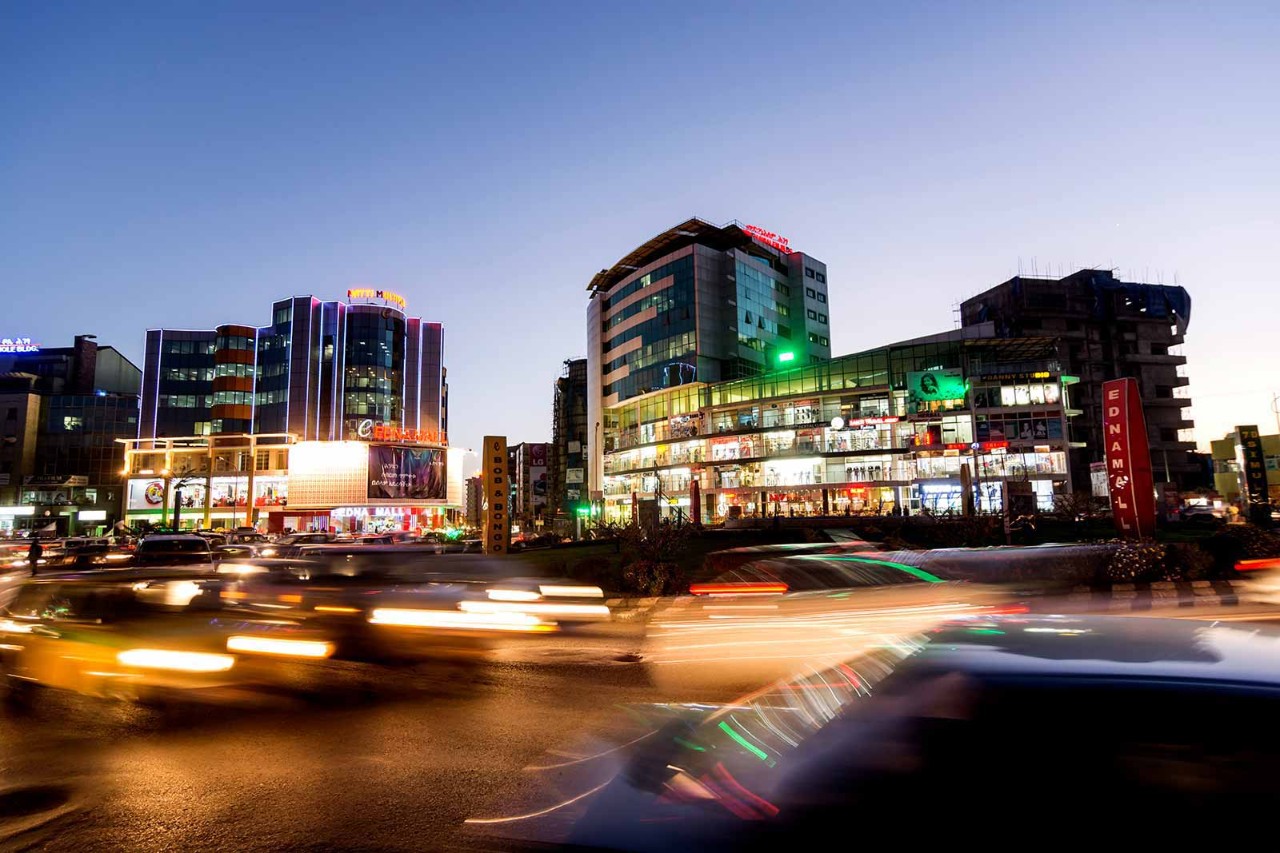
With trading within the African Continental Free Trade Area (AfCFTA) starting this year, the continent is teeming with optimism. Before it lies the heady prospect of leveraging the untapped potential of 1.2 billion people across 54 countries with an estimated cumulative GDP of US$3.4 trillion, growing the continent’s income by US$450bn by 2035 and exports by US$560bn, according to the World Bank.
Yet the success or failure of AfCFTA will largely hinge on how it embraces inclusivity in both design and implementation. In pursuit of its goals (which include raising continental GDP by 7% by 2035, boosting wages, and lifting 30 million Africans out of extreme poverty), the promotion of gender equality and building the export capacity of women-led enterprises is not merely desirable, it is fundamental to the trade bloc’s ultimate success.
The success or failure of AfCFTA will hinge on how it embraces inclusivity in design and implementation
Support from ACCA
As ACCA’s strategy is aligned with the UN Sustainable Development Goals and the African Union’s Agenda 2063, it is working hard to promote gender balance and inclusivity across the continent, while also collaborating with regional and national partners to support the success of the African Free Trade Agreement (AfCFTA).
Some 85% of the continent’s entire labour force (the highest proportion in the world) is employed in the informal sector (ie those businesses and jobs that the state does not tax or monitor). Women constitute the bulk of that workforce. Informal trading across borders is still big business in many African countries, and women are the face of that trade, making up 70% of the continent’s informal traders.
Array of obstacles
By cutting red tape and simplifying customs procedures, AfCFTA will allow Africans to freely trade with each other, but this bureaucratic streamlining is not enough. Despite moving millions of dollars across a disjointed market system, women informal traders continue to grapple with an array of obstacles such as confiscation of their goods by authorities, limited knowledge of customs regulations and procedures, harassment, corruption and other non-tariff barriers.
Regional economic communities such as the East African Community (EAC) and the Common Market for Eastern and Southern Africa (Comesa) have already demonstrated immeasurable benefits by embracing and mainstreaming women informal traders. The gains extend from increased earnings for the traders, improved tax collection for countries, and robust economic blocs.
Putting women-owned enterprises in the driving seat of AfCFTA by moving them up the value chain and encouraging them to go beyond trading in raw materials will catalyse a vibrant trading regime. It will not only bolster their competitiveness in intraregional trade but also grow volumes and harness the power of Africans to trade more with one another while focusing on emerging commerce opportunities.
Focus on entrepreneurs
The trade agreement should not be approached with the myopic lens of creating an enabling environment for just multinationals and large corporations.
As the world grapples with such unprecedented shocks as climate change and Covid-19, coupled with the disintegration of trade agreements in other regions, AfCFTA offers a once in a lifetime chance. The continent can use AfCFTA to build the resilience of its entrepreneurs by creating a ready market especially for women entrepreneurs whose businesses have been more heavily impacted by the pandemic than those of their male counterparts.
AfCFTA will allow Africa to spearhead sustainable and inclusive economic growth that embraces gender equality – a key vision of the African Union at a time when gender disparity continues to rob sub-Saharan Africa of an estimated US$95bn each year. Trade remains a potentially powerful tool for eradicating marginalisation and discriminatory business regimes against women.





